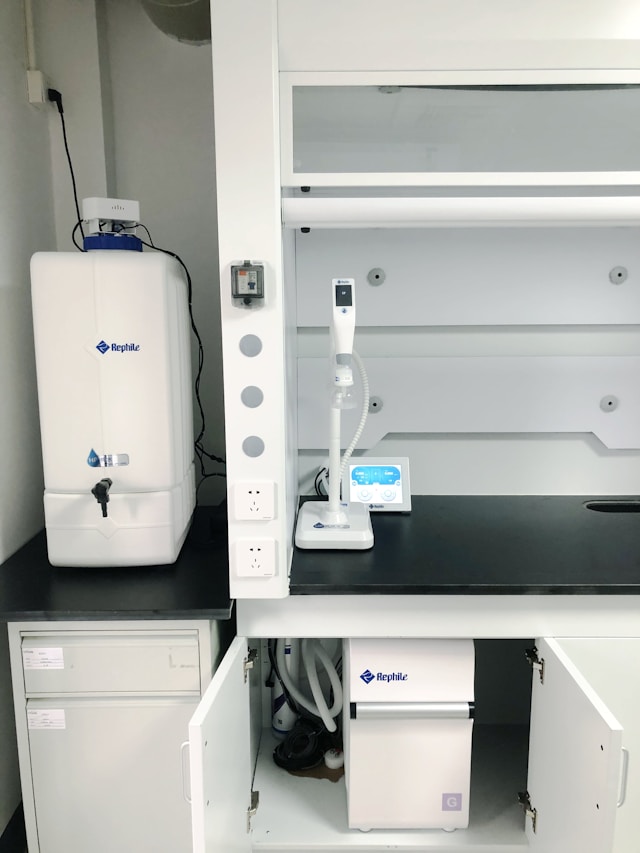Life needs water, however not all water is created equal. Unbelievably, the quality of the water you use counts while preparing your favourite recipe or just enjoying a drink at home. The flavour and health of tap water may be impacted by hidden contaminants. Water filtration is useful in this situation.
Imagine having pure, fresh water coming directly from your tap; you wouldn’t have to worry about contaminants or bad flavours. It might be hard to choose the best filtration system since there are so many alternatives. But fear not—this guide will assist in demystifying the procedure and provide you the confidence to choose the one that best meets your requirements! Together, we will explore the realm of water filtration systems and learn how to improve the hydration level in your house.
Water Filtration System Types
There are many sorts of water filtration systems, and each is designed to fulfil a certain purpose.
Because they can eliminate volatile organic compounds, silt, and chlorine, activated carbon filters are well-liked for their capacity to enhance taste and odour. They are often found in faucet attachments or pitcher filters.
Systems that use reverse osmosis go one step beyond. By forcing water through a semipermeable barrier, pollutants like fluoride and lead are successfully removed. For anyone who is worried about heavy metals, it’s perfect.
When considering whole-house options, UV purifiers use UV light instead of chemicals to destroy germs and viruses. They don’t get rid of dissolved solids, but they do safeguard every tap in your house.
Ion exchange systems are mostly used to soften hard water by adding sodium ions in place of calcium and magnesium ions. Depending on where you live and the issues with the water quality, each system has different benefits.

Things to Take Into Account While Selecting a System
There are a few important considerations while selecting the best water filtration system. Think about your water supply first. Is it water from a well or the city? Different filtering techniques can be needed for each kind.
After that, consider the impurities in your water. Kits for testing may be used to find certain contaminants, like bacteria, lead, or chlorine. Understanding the situation at hand can help you make a decision.
Yet another crucial factor is capacity. What is your daily need for filtered water? Smaller households may choose under-sink units, while larger households may benefit from a whole-house system.
Remember to keep up with maintenance needs. Certain systems need regular maintenance and filter replacements in order to operate properly.
Budget is important as well; the features and technology included in the system you choose will determine how much it costs.

The Advantages of Water Filtration Systems
Your daily life might be completely changed with a water filtering system. Not only does pure, clean water improve the flavour of your drinks, but it also makes your meals safer to cook. You are shielding your family and yourself from potentially dangerous materials found in tap water when you filter out impurities.
These systems are designed to get rid of contaminants like lead, chlorine, silt, and other things that might eventually harm your health. Knowing what’s in every glass or pot you fill brings peace of mind. Furthermore, since filtered water lessens mineral accumulation, it is often gentler on plumbing fixtures and appliances.
It may also be less expensive to use a filter system than to frequently buy bottled water. It lets you stay hydrated at home in a delightful way without using plastic straws.
A high-quality filtration system may pay for itself fast in terms of better health outcomes and less environmental impact, according to several customers. Today’s alternatives are so diverse, catered to a wide range of requirements and tastes, that there’s probably the perfect one out there waiting for you.
Adopting a dependable water filtration system is a simple approach to improve everyday life at home while also selecting better health and environmental practices.















